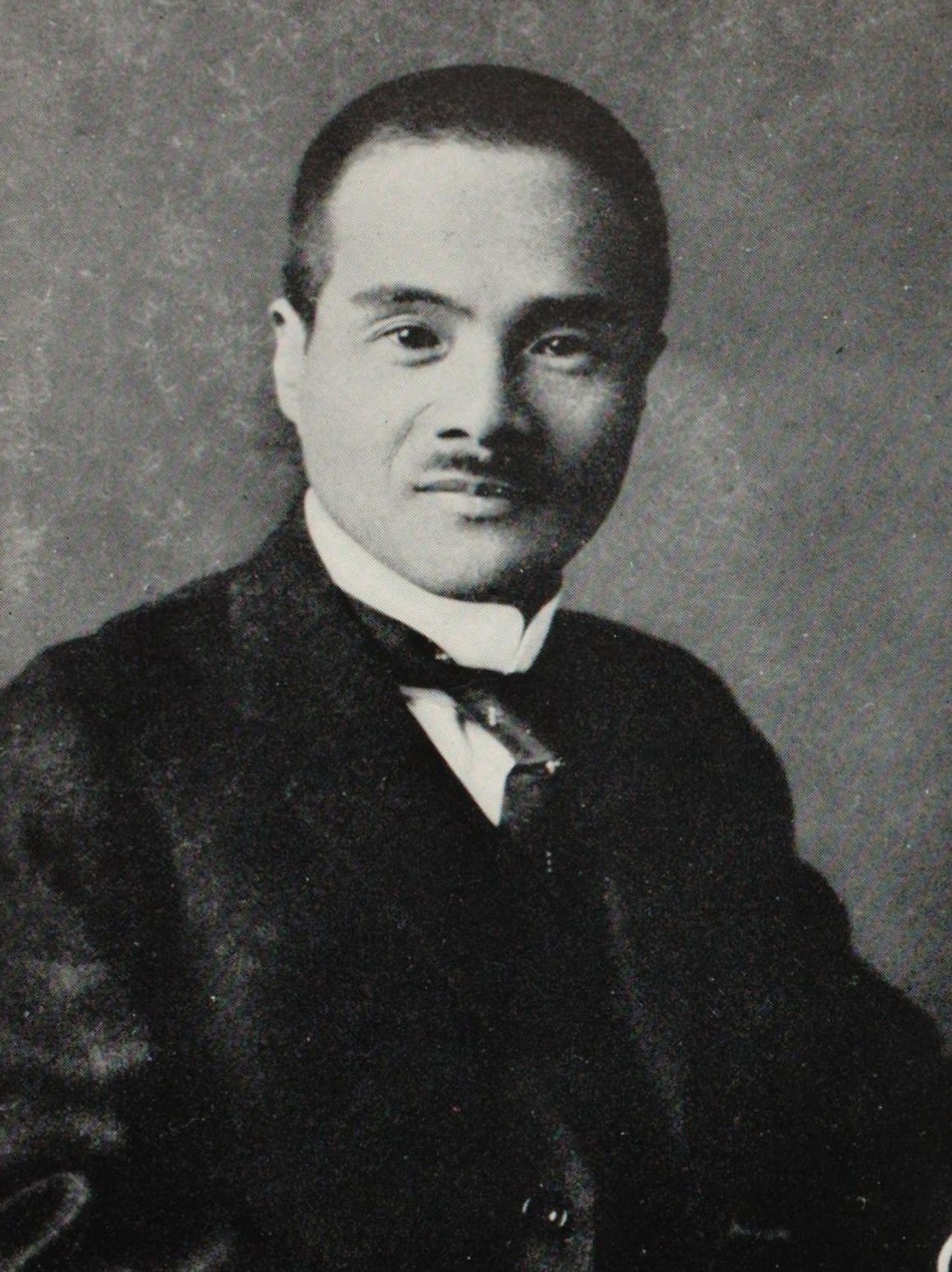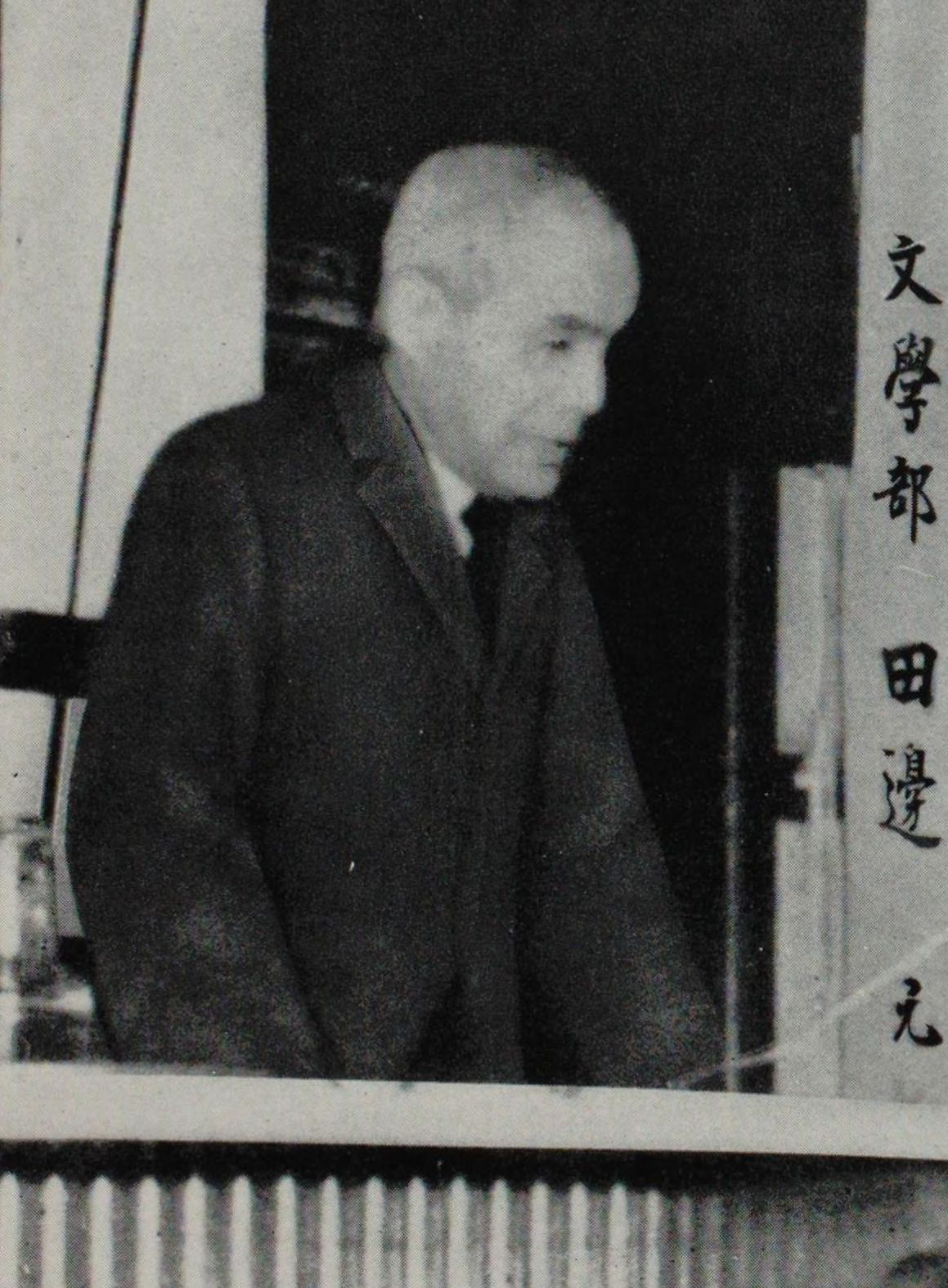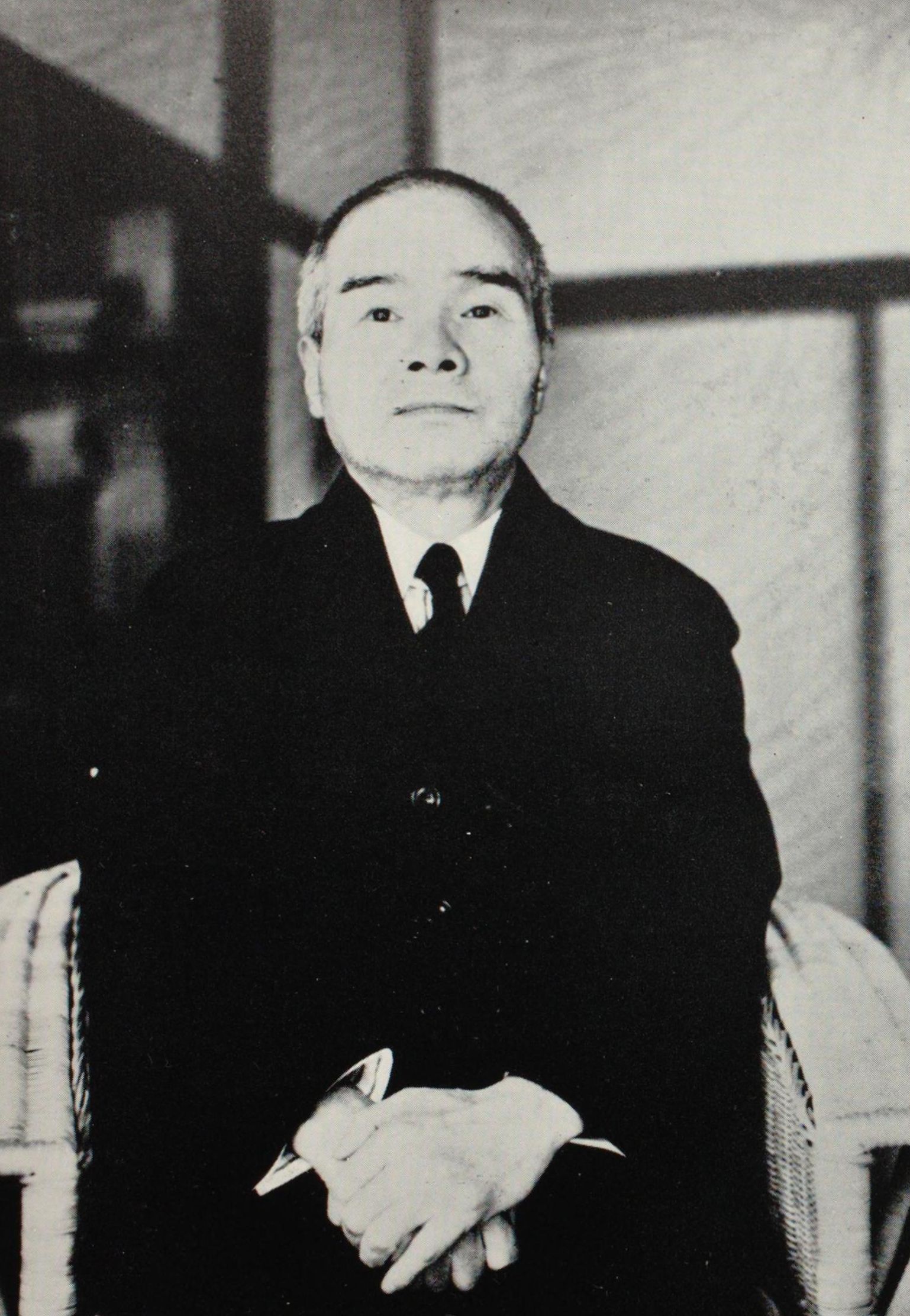TANABE Hajime
- Date of Birth and Death
- February 3, 1885 - April 29, 1962
- Birthplace (modern name)
- Tokyo
- Occupation, Status
- Scholar (Human Science)
Description
Philosopher. He entered the Imperial University of Tokyo in 1904 and first studied in the Department of Mathematics, but later transferred to the Department of Philosophy. He served as a lecturer at the Tohoku Imperial University in 1913 and then as an associate professor of the Imperial University of Kyoto in 1919 before studying in Germany from 1922 until 1924. After publishing in 1925 Suri Tetsugaku Kenkyu (A Study of the Philosophy of Mathematics), the result of his research during his doctoral course, he became professor at the Imperial University of Kyoto in 1927. After finishing his study abroad, his research interest moved from the philosophy of science to German idealism and, while taking a critical stance on Marxism, he insisted on “Zettai Benshoho” (absolute dialectics) in his 1932 work Hegeru Tetsugaku to Benshoho (Hegel Philosophy and Dialectics). He also insisted on “Shu no Ronri” (The Logic of the Species) in Syakai Sonzai no Ronri (The Logic of Social Existence) in 1925. In the post-war era, he published Zangedo toshite no Tetsugaku (Philosophy as Metanoetics) in 1946, where he criticized his own past work. Awarded the Order of Culture in 1950.
SNS
TANABE Hajime

- HOME
- List of Names
- TANABE Hajime


